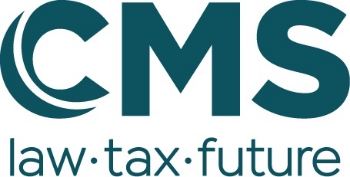The International Chamber of Commerce (ICC) has announced that it will introduce expedited rules for the determination of small arbitration claims. The expedited rules are aimed at reducing both the time and cost of ICC arbitrations where the dispute concerns limited amounts of money. Key elements of the rules will include: fewer procedural steps, the shortening of time limits and introducing a specific fees scale.
The ICC has not yet published its detailed proposal. However, there are existing frameworks for expedited arbitration in the market, which the ICC will no doubt be considering in preparing its proposals. Expedited rules can already be found in the Singapore International Arbitration Centre International Arbitration Rules (the “SIAC Rules”) and the Mumbai Centre for International Arbitration Rules (the “MCIA Rules”).
Under the SIAC Rules, a party may apply to the Registrar for proceedings to be conducted in accordance with SIAC’s expedited procedure where:
- the aggregate amount in dispute (taking into account the claim amount, counterclaim and any set-off) does not exceed USD 5m (or equivalent, changing to SGD 6m from 1 August 2016);
- the parties agree to use the procedure; or
- in cases of exceptional urgency.
The MCIA Rules permit the use of MCIA’s expedited procedure where the aggregate amount in dispute does not exceed INR 100m (c. USD 1.5m) or the parties agree so in writing. Both the SIAC Rules and the MCIA Rules allow:
- the Registrar to shorten time limits under the rules;
- cases to be referred to a sole arbitrator; and
- the dispute to be decided on the basis of documentary evidence only (unless otherwise agreed by the parties or determined by the Tribunal).
The SIAC Rules and the MCIA Rules also require awards to be made within six months of the date when the Tribunal is constituted and provide that the reasoning for the award to be given in summary form (unless parties agree that no reasons are to be given).
The expedited rules provide efficiency in relation to lower value claims whilst still retaining the benefits of a structured and confidential dispute resolution mechanism.




